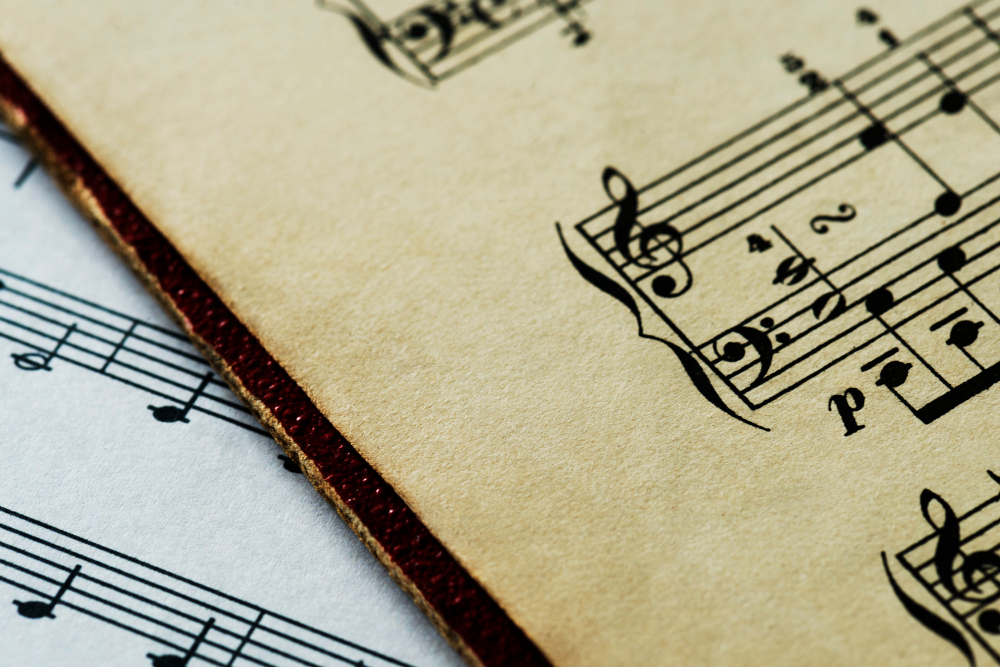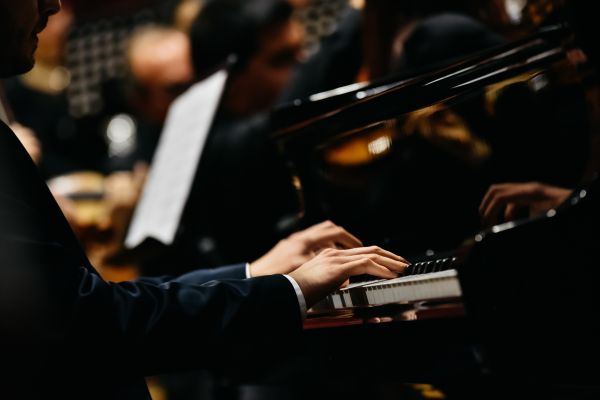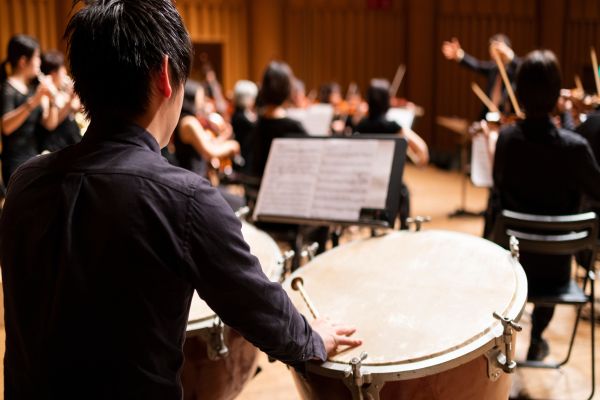Rated today as one of the greatest western composers of all time, Bach will always be known as a phenomenal baroque-era composer for his stylistic innovations and musical complexities, composing an astounding 1128 pieces of music.
Born in 1685 into a family which saw six generations of German Lutheran musicians, Johann Sebastian Bach received his first musical training from his father a violinist. But by the age of 10, Bach was rendered an orphan having lost both his parents, and put under the tutelage of his elder brother, with whom he stayed till the age of 15.
Bach married Marie Barbara, who bore him seven children, but she died in 1720. Later he married Anna Magdalena. In his final years, he had turned blind and was bedridden before he passed away in 1750 after a stroke. Legend has it that Bach, as he lay dying dictated his last work, Before Thy Throne I Stand.
Prelude in C Major (from The Well-Tempered Clavier)
Bach will always be known as a phenomenal baroque-era composer for his stylistic innovations and musical complexities. In a life spanning 65 years, wherein he undertook various organist positions, he composed an astounding 1128 pieces of music, creating notable compositions like Toccata and Fugue in D minor. Some of his best-known compositions are the Mass in B Minor, the Brandenburg Concertos, The Well-Tempered Clavier; as also Air on the G String, Goldberg Variations, Brandenburg Concertos, St Matthew Passion, Cantata No.21, among others.
Rated today as one of the greatest western composers of all time, it is said that Bach was enamoured of integrating the numbers 14 and 41 into his musical works, as they were derived from the mystical numerology values of the letters in his name.
Bach used his phenomenal creative energy, to enhance the musical life of his church by way of the rapid decorative notes in Baroque melody, instead of using shorthand symbols. While his peers were satisfied playing out standard chords mechanically, Bach transformed them into fresh gestures. There was a religious flavour to his works since the Lutheran hymn, called chorale was the cornerstone of his music. No wonder most of his religious as well as his secular music features the phrase Soli Deo Gloria (to God alone the glory), or the letters I.N.J. meaning In Nomine Jesu.
Brandenburg Concerto No. 3: First Movement, Allegro
Bach is also revered as the last of the great masters of the old polyphonic tradition, wherein he effortlessly blended two contradictory objectives: the melodic lines must be supple and free, and at the same they must work with one another harmonically.
According to The Vintage Guide to Classical Music, ‘A master of emotional expression, Bach was also a supreme master of all the technical requirements of music—contrapuntalist, melodist, harmonist, and master of large and small forms. Nearly every musical genre that existed in his day, with the exception of opera, he explored and perfected. Certainly other composers have found potentialities of expression and technique that were unknown to Bach—for example, the intense subjectivity that Beethoven brought to music. But in Bach one sees the entire range of what the music of his age could do’.



